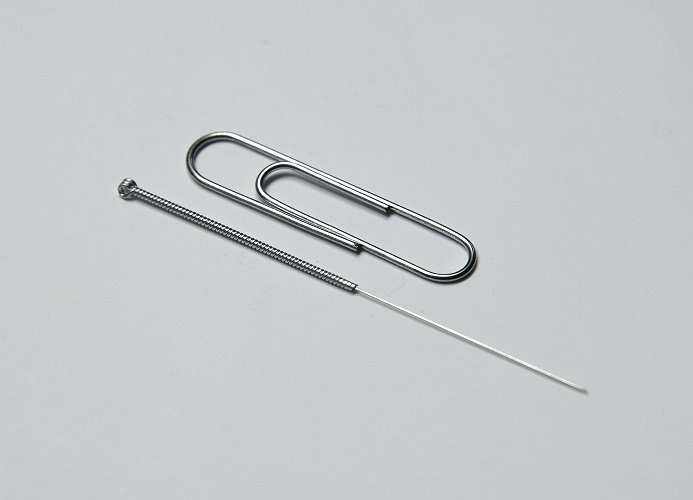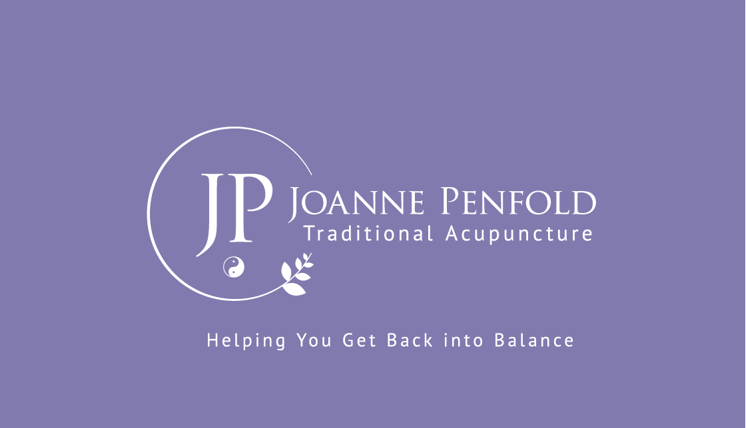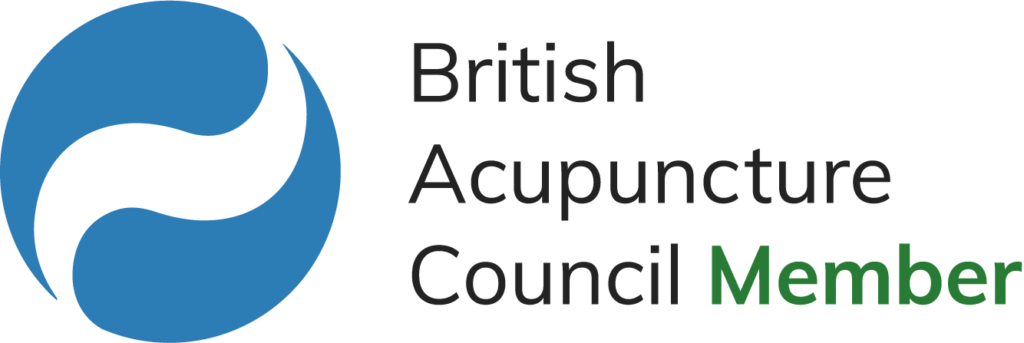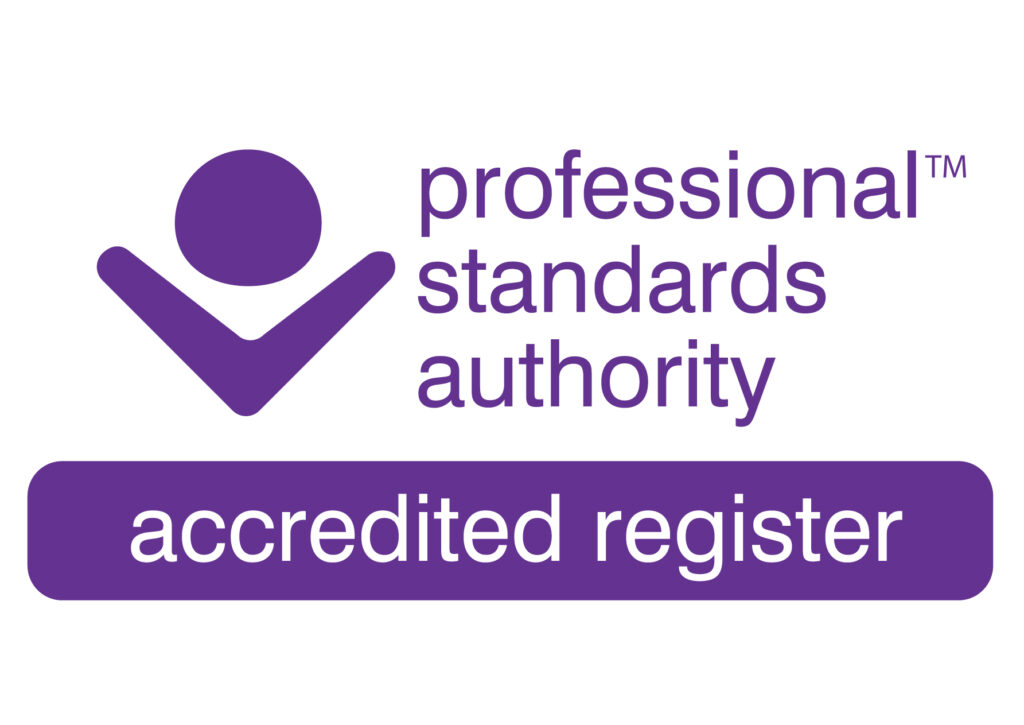What happens at my first visit?
Your initial visit will take up to two hours and consists of a personal and medical consultation covering your family history, lifestyle, systems functions (for example sleep and appetite) and full details of your current complaint/s and any tests or investigations that you have had. You will also have the opportunity to discuss in confidence any concerns or troubles you may currently be dealing with.
After your consultation, there will be a number of short non-invasive physical diagnostic tests including blood pressure, temperature distribution and pulse taking. In most cases, aside from the most complex, this is then followed by your first treatment.
Subsequent appointments take up to one hour and include discussion of your progress and your treatment to date.
How should I prepare for my first appointment?
Eat a light meal and wear loose, comfortable clothing to allow easy access to acupuncture points. Bring a list of any medications you are taking, when you started and dosages to your first appointment and be ready to provide a detailed medical history.
What does an acupuncture treatment involve?
Acupuncture treatment involves the insertion of very fine needles into specific points on the body to help restore the body to its best natural balance. Jo will identify which points to use based on the information you share with her.
What does it feel like?

Many patients are concerned that acupuncture may be painful. However, as the needles are flexible and about as thick as two human hairs there is usually only a very slight sensation as it enters the skin. Sometimes patients also feel a mild tingle, warmth or a dull ache on the acupuncture point but this also only lasts for a few seconds and is generally not considered to be uncomfortable.
Many find acupuncture relaxing and feel very calm during and after a treatment. You may also feel a little tired or sleepy so if possible, try to arrange a relatively restful and quiet day, especially for your first treatment.
Is acupuncture safe?
Acupuncture is one of the safest medical treatments currently on offer in the UK. In fact in 2001 a number of studies concluded that the risk of serious adverse reaction to acupuncture is less than 1 in 10,000. Any minor side effects that do occur, such as dizziness or bruising around needle points, are infrequent, mild and self-correcting. To see more information regarding the safety of acupuncture please visit the British Acupuncture Council’s website.
What type of acupuncture do you practice?
There are a number of different types of acupuncture. These can be divided into three broad categories: traditionally based systems of acupuncture, western medical acupuncture and microsystems e.g. ear acupuncture. Jo practices a traditionally based system of acupuncture – Five Element Acupuncture (5EA)
What is 5 Element Acupuncture (5EA)?
5EA is based on Eastern philosophy. It is a fascinating subject and you can read more about it the About Acupuncture section.
How soon will I notice a difference?
This varies from patient to patient. Just as you would expect some drugs such as anti-depressants or HRT to take time to have an effect, it may take time to rebalance imbalances that have developed in someone over years. Some people experience some immediate relief, while others may notice improvements over time. We are all unique and it depends on various factors including your overall constitutional strength and your individual background.
How many treatments will I need?
In general, the more chronic the issue, the longer the course of treatment. Jo recommends an initial course of five weekly treatments. This is because Five Element acupuncture works a little like antibiotics – you need to finish a course of initial treatment for optimal improvement. At the beginning of each session you self-score your symptoms. Then around treatment five you review progress with Jo together to see how acupuncture is working for you.
Depending on your progress, in the medium term, the aim is to work towards reducing the frequency of treatments. In the longer term, the aim is to move to monthly treatments to maintain your new balance and sustain the benefits. Looking after your body is a bit like maintaining your car – it’s better to regularly maintain it through regular services rather than turn up at the garage in a tow truck for emergency repairs.
Are there any other benefits?
As the treatment is designed to affect your whole being as well as your symptoms, you may find that as your main condition improves you may also notice other health problems resolve and an increased feeling of wellbeing.
Are any other techniques used?
Yes. These can include moxibustion, gua sha and cupping. For example, moxibustion is the burning of a herb called moxa (Chinese Mugwort), a soft woolly substance to warm specific parts of the body, including acupuncture points. Jo will explain any technique she uses.
How much does it cost?
See the clinic and fees page for details, terms and conditions.
The testimonials page summarise the benefits Jo’s patients have experienced in their own words. Jo hopes your experience would also prove to be good value for money
Can acupuncture be used alongside other treatment?
Acupuncture is a complementary approach which means it can be used at the same time as conventional medical treatment. It is important to inform both your acupuncturist and healthcare provider about all treatments you are undergoing to ensure a coordinated and safe approach
What are Jo’s qualifications?
Jo was awarded a distinction in the Professional Licentiate (LicAc) in acupuncture. This was an Honours degree equivalent award, as accredited by the British Acupuncture Accreditation Board.
Jo is a Member of the British Acupuncture Council (BAcC), the largest self-regulatory body for acupuncturists in the UK. All its members have a minimum of three years degree- level training covering both Chinese and Western medicine. Members adhere to the British Acupuncture Council’s (BAcC) codes of safe practice and professional conduct and have full cover for medical malpractice and public/products liability.
The BAcC is accredited by the Professional Standard Authority (PSA). The PSA oversees the work of the BAcC and provides an extra level of assurance when choosing an acupuncturist. General Medical Council guidelines allow GPs to refer patients to BAcC members.
Jo is also a qualified and experienced HR professional and life coach and integrates these skills in her acupuncture treatments.


